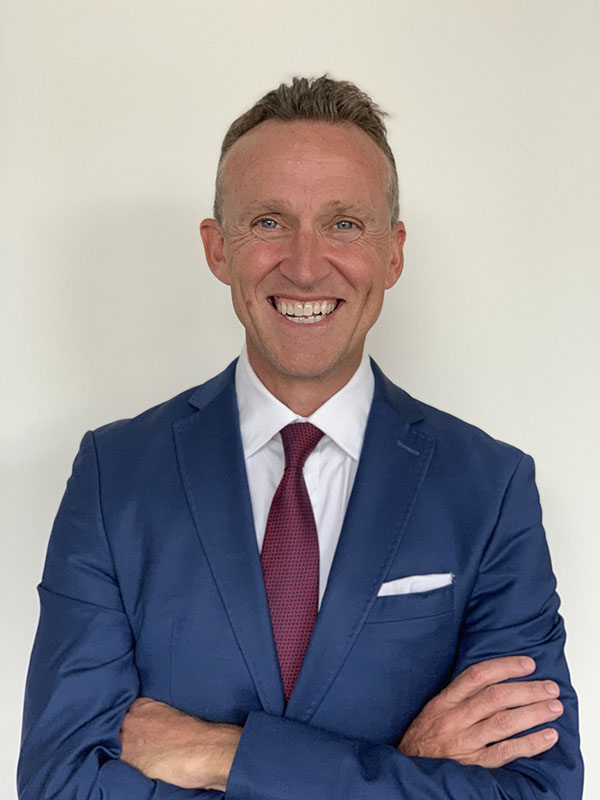Interview – Glenn Riseley, Founder & CEO, HeadUp Labs

Glenn Riseley developed and built the Global Corporate Challenge (GCC) which was rolled out to millions of employees across 185 countries and thousands of workplaces – from Fortune 500 companies to SME’s. Now a part of Sir Richard Branson’s Virgin Group of Companies, GCC continues to improve the health and engagement of employees in every kind of industry. Since leaving the business in 2017, Glenn has been busy investing in innovation and establishing HeadUp Labs, a consumer (people) focused startup that is harnessing wearable technology, artificial intelligence, big data and creative thinking to develop the world’s first human dashboard.
What do you feel are the biggest challenges that safety leaders are currently faced with within their business?
The fact that many of the physical risks to employees have been dealt with over the years by introducing policies, training, redesigning environments and working with unions and employees to ensure people make it home safely. There is a diminishing return on initiatives because we are trying to solve for risks that are harder to address and more complex.
As a safety leader, what do you feel businesses continue to get wrong when it comes to their Health and Safety strategy?
This is an extension of the previous question. “Safety” is a fairly self-explanatory and universally defined concept. “Health” as a concept, on the other hand, is less clear. What does ‘’health” mean for a workplace? Is it about removing sickness and disease? Are workplaces supposed to be playing doctor? Where do we draw the line between the employee and their own responsibility for their health? How do you develop a “wellness” strategy when nobody seems to be able to measure outcomes or show any kind of ROI?
What are the latest trends and behaviours you predict will be surfacing on the market over the coming 12 months?
The topic du jour for workplace wellness vendors and clients alike is ‘mental health’. It feels like suddenly there are a lot of workplace wellness people presenting themselves as ‘mental health experts’. Many of them are the same people who have spent the last decade proclaiming to make employees physically healthier – with very limited evidence they succeeded. Now there seems to be a stampede towards mental health. An infinitely more complex, personal, delicate, immediate and serious issue that deserves to be put in the hands of people who have the right training, qualifications and experience and who are held to the highest standards. It must be addressed, but very carefully.
What is the one key takeaway you hope OHS audience leaves with after hearing your presentation on site?
When it comes to workplace health and wellbeing, for heaven’s sake, stop counting the people you are reaching and start reaching the people who count.




